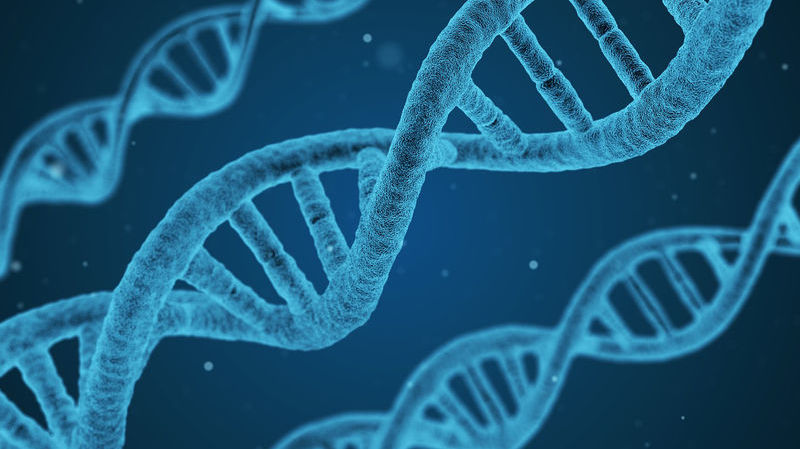
After receiving a cancer diagnosis, navigating the pathways of existing treatments can be complicated. But recently developed genetic tests for tumors have added a new layer of complexity to the cancer recovery process. Tumor genetic testing, also known as tumor genomic profiling or TGP, can help doctors find a targeted approach to treating cancerous tumors, but the testing also reveals a wealth of information about an individual’s genetic code, including what other cancers he or she is susceptible to. Some may see this additional information as a boon, but others may find it overwhelming in an already difficult time. Knowing the potential consequences of tumor genomic profiling prior to receiving the test, therefore, is extremely important.
Sarah Bass, associate professor and director of the Risk Communication Lab, and Michael Hall, a gastrointestinal oncologist and clinical cancer geneticist at Fox Chase Cancer Center, are currently working to make this fraught decision process easier. Bass and Hall have received a five-year, $1.4 million grant from the American Cancer Society (ACS) to create and test decision aids that help African-American patients, a population that tends to have low health literacy, make more informed decisions about tumor genetic testing. In addition to Bass and Hall, the study team includes co-investigators Jingwei Wu, assistant professor of epidemiology and biostatistics, and Mary Daly, a medical oncologist and expert in cancer genetics from Fox Chase Cancer Center.
Tumor genetic testing has become widely available in the short time the tests have been on the market—the FDA approved a number of tumor genetic tests just last year. But that brief time period has not allowed for a widespread understanding of the implications of testing results. “One difficult aspect of tumor testing is that it also reveals information about hereditary risks for cancer,” says Hall. “While some patients embrace this ‘extra’ information (and see it as ‘two for one’ deal), there are many patients who want information focused on treatment and find the secondary hereditary information difficult to understand and distracting.”
In the formative portion of the study, researchers will use perceptual mapping, a commercial marketing technique, to identify cancer patients’ most pressing concerns about tumor genetic testing. The team will then create guides featuring targeted messaging to help patients determine what matters most to them and how to decide whether genetic testing is right for them. Using those findings, the researchers will also create training materials for oncologists. Both will be available digitally via desktop and mobile websites or delivered via email.
For patients, the hope is that the guides help decrease “decisional conflict”—the amount of stress and uncertainty that a patient faces when making a major choice about how to proceed with their treatment. For oncologists, the study aims to increase their ability to effectively talk with patients about tumor genetic testing. “We want patients to understand what options they have with tumor genomic profiling,” says Bass. “We want to figure out how providers can best communicate the implications of these tests. We’re asking: Can we help increase how informed patients feel so that they can make a decision that’s best for them?”
The study will focus exclusively on African-American cancer patients, who as a demographic group have the highest death rate and shortest survivalfor most cancer diagnoses. Surveys have shown that many African-Americans lack advanced health literacy, an important skill when navigating cancer treatment options, and are more mistrustful of the healthcare system. An intervention like creating specialized decision guides, therefore, could improve the experience of cancer treatment for a group that faces disproportionately negative outcomes after cancer diagnoses. Hall notes that the study’s focus on African-American patients will enable the team to “understand the preferences and barriers that may be unique to the African-American population” in regards to tumor genetic testing, and potentially improve communication between providers and African-American patients.
Once developed, the decision guides and training materials’ effectiveness will be studied in tests with African-American cancer patients and oncologists. Bass emphasizes that the patient guides will not attempt to influence the actual decisions cancer patients make in regards to tumor genetic testing. “The guides will aim to make a person feel like they are in charge of what is happening to them, so they can make an informed decision that’s the best decision for them,” says Bass.
Read more news from the Department of Social and Behavioral Sciences.
